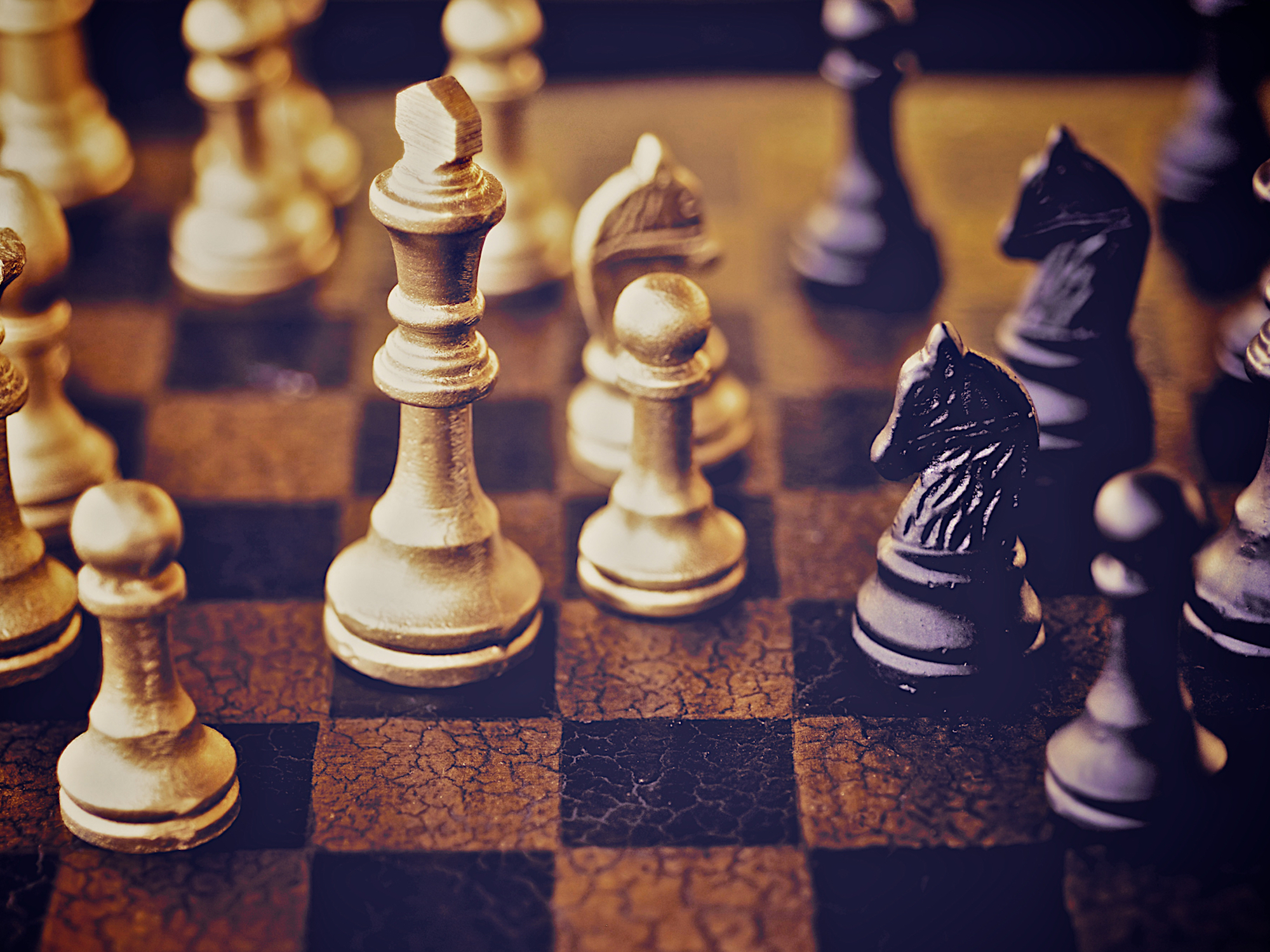

Advanced computer programs have long been so good at chess that they not only beat the world’s best human players every single time, but can even detect whenever their human competitors are attempting to pull a fast one on them. As The Wall Street Journal reported Tuesday, the people behind a popular online chess platform, Chess.com, have employed that very same investigative ability to corroborate recent cheating rumors surrounding a young American grandmaster. According to the 72 pages of the investigation’s findings, “many remarkable signals and unusual patterns” over the course of 19-year-old Hans Moke Niemann’s career path indicate he “likely cheated” in over 100 online matches, some of which resulted in lucrative cash prizes.
Chess.com cited “statistically extraordinary” evidence drawn from its analytical systems regarding Niemann’s rapid talent progression over the years, specifically his rise between “international master” to “grandmaster” titles, part of a chess ranking system referred to as one’s “Elo rating.” The investigation also compared Niemann’s past performances to existing chess engines and consulted grandmaster expert opinions. A methodology breakdown courtesy of Chess.com can be found below. It includes a review of how long Niemann took to make moves of specific difficulty. The investigation also analyzed the number of times the grandmaster opened other browser windows while playing online, suggesting he may have employed outside aid in the form of chess engine analysis.

Before being called into question, Niemann’s “strength improvement” was greater than that of previous chess superstars like Bobby Fischer and current world chess champion, Magnus Carlssen, who first drew attention to his perceived irregularities last month.
[Related: How to teach your kids to play chess.]
Although Niemann previously admitted to cheating a handful of times at ages 12 and 16, he “never could even fathom” doing so in a real, live-streamed game, a vow Chess.com’s report contradicts, citing 25 live-streamed matches containing suspicious activities.
Carlssen garnered headlines on September 6 when he abruptly resigned from the Sinquefield Cup competition in St. Louis after an upset in-person loss to the far lower-ranked Niemann, implying his own suspicion of unfair play, a hunch he later alluded to again via Twitter. A few weeks later, Carlssen dramatically resigned during his next online game against Niemann on September 19, further adding fuel to the rumors. “I believe that Niemann has cheated more—and more recently—than he has publicly admitted,” Carlssen eventually wrote in a public statement published September 26. “His over the board progress has been unusual, and throughout our game in the Sinquefield Cup I had the impression that he wasn’t tense or even fully concentrating on the game in critical positions, while outplaying me as black in a way I think only a handful of players can do.”
[Related: Use your phone to master the game of chess]
Despite the dramatic controversies, this is not the first time that highly ranked chess players have been discovered to be cheating. Dozens of grandmasters have been caught on Chess.com, according to its summary, including four of the world’s top 100 players. Most recently, India’s youngest billionaire admitted to employing outside assistance after “beating” a five-time world chess champion during a Chess.com online charity event organized for COVID-19 relief.
